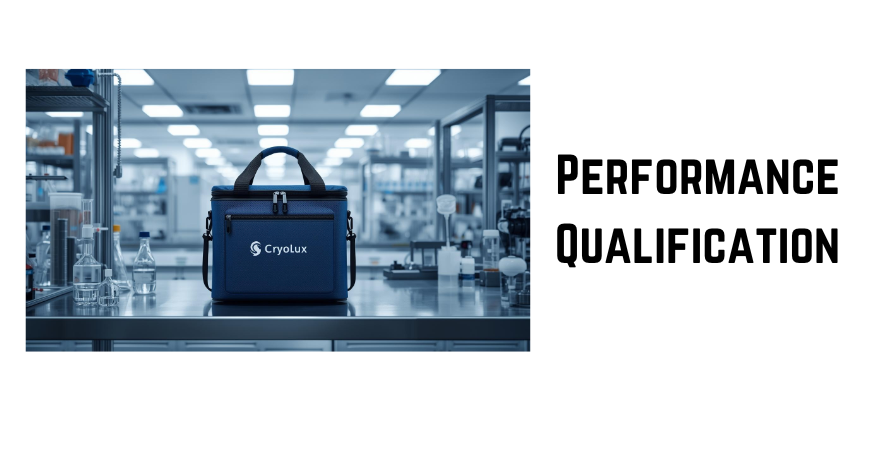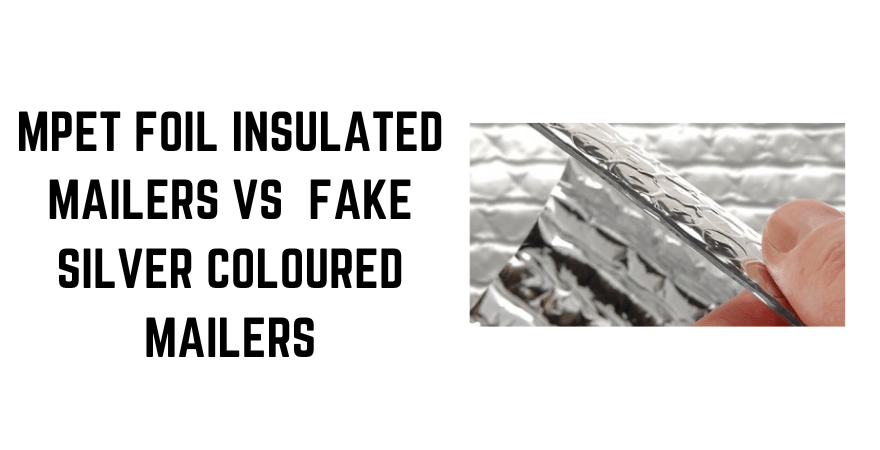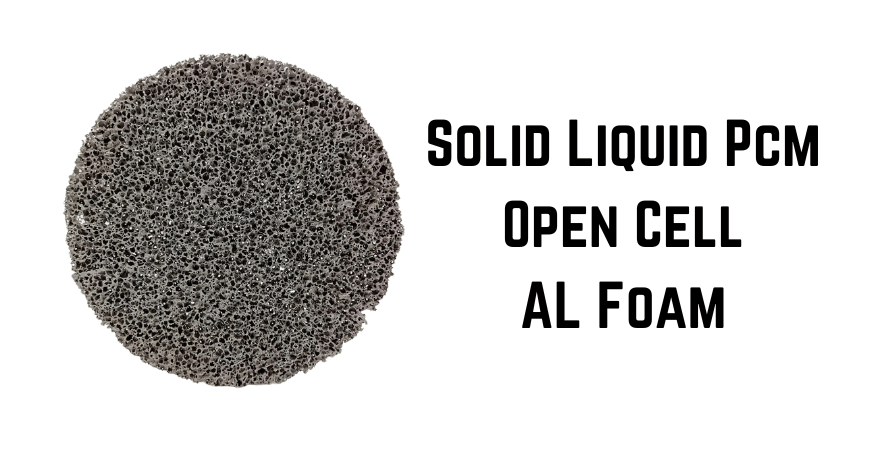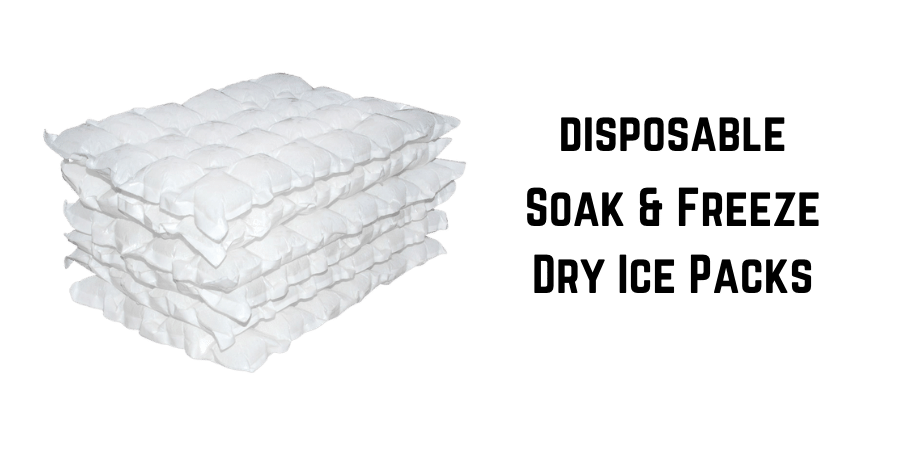The Critical Role of Performance Qualification (PQ)

The Critical Role of Performance Qualification (PQ) in Cold-Chain Rollout Processes Using Cold Chain Carriers
Maintaining temperature integrity is the backbone of every cold-chain system, whether it is used for food distribution, pharmaceuticals, vaccines, biologics, or patient-administered medicines. As global supply chains become more complex—and regulatory expectations tighten—businesses can no longer rely on theoretical performance, manufacturer specifications, or assumptions about cold-chain stability.
This is where Performance Qualification (PQ) plays a defining role. PQ is the process that verifies and documents—in real operational conditions—that a cold chain carrier system performs as required to protect product quality and safety. For Australia’s tightly regulated industries, PQ is not just a best practice; it is increasingly an expectation for meeting compliance, minimising liability, and ensuring public safety.
What Is Performance Qualification (PQ) for Cold Chain Carriers?
Performance Qualification is a structured validation activity that demonstrates how a cold-chain system performs when subjected to actual, live conditions. Unlike laboratory testing or manufacturer validation, PQ measures the real-world temperature performance of cold chain carriers, packaging, equipment, transport routes, storage locations, and handling procedures.
A PQ study typically includes:
- Live testing with actual payloads, or payloads that accurately simulate volume, mass, and thermal properties
- Monitoring temperature throughout the full shipping or storage duration using data loggers
- Evaluating performance under worst-case ambient conditions (e.g., heatwaves, transport delays, unattended delivery windows)
- Testing pack-out configurations, including PCM bricks, ice packs, pre-conditioning, placement, and loading variations
- Verification of acceptable temperature ranges for the specific product category
- Documentation of outcomes, deviations, and corrective actions
The goal is simple: confirm the system works in practice—not just in theory.
Why PQ Matters in Cold Chain Carrier Operations
1. Protecting the Integrity and Safety of Temperature-Sensitive Products
A cold-chain failure can instantly compromise food quality or pharmaceutical potency. PQ ensures the thermal system performs reliably in the environment where it will actually be used, reducing the risk of:
- Microbial growth in chilled foods
- Loss of potency in biologics and injectables
- Vaccine spoilage
- Degradation of specialised medications
- Patient safety incidents
Given the potentially severe consequences of a temperature excursion—including public health risks—PQ provides a critical safety net. Using PCM bricks, ice packs, and data loggers ensures that temperature-sensitive payloads are actively monitored and maintained throughout the chain.
2. Ensuring Compliance with Australian Regulations for Cold Chain Carriers
Australia has some of the strictest cold-chain compliance expectations globally. PQ directly supports compliance with the following regulatory frameworks:
Pharmaceutical & Medical Sector (TGA/GMP/GDP)
- Therapeutic Goods Administration (TGA) – Expects manufacturers, distributors, and logistics providers to maintain evidence that cold-chain conditions are controlled and validated. PQ of cold chain carriers is a core component of GMP and GDP requirements.
- PIC/S Guide to GMP – Requires validation of storage, transport, and temperature-controlled systems, including the use of PCM bricks and ice packs for thermal stability.
- Australian Code of Good Wholesaling Practice for Medicines (AGWPC) – Requires documented evidence that cold-chain distribution systems, including data loggers, maintain required temperatures throughout transport.
- National Vaccine Storage Guidelines – “Strive for 5” – Outlines principles of monitoring, validation, and temperature assurance relevant to any cold chain carrier operation.
Food Industry (FSANZ, Cold Chain Standards, HACCP)
- FSANZ – Enforces strict temperature requirements for perishable foods.
- Australian Food Safety Standards, Standard 3.2.2 – Mandates potentially hazardous foods be kept at safe temperatures during storage and transport.
- Cold Food Chain Guidelines – Emphasise temperature validation, monitoring, and control measures using cold chain carriers, PCM bricks, and ice packs.
- HACCP requirements – Demand verification and validation of critical control points, including cold-chain transport.
PQ ensures that cold chain carriers equipped with PCM bricks, ice packs, and data loggers maintain safe temperatures for the entire journey, and that verifiable documentation is available for audits and compliance.
3. Reducing Risk and Liability
Temperature deviations can lead to product spoilage, health risks, regulatory penalties, insurance claim denial, and lawsuits. PQ, using cold chain carriers, PCM bricks, ice packs, and data loggers, mitigates these risks and ensures insurance compliance.
4. Ensuring Consistency Across Supply Chain Partners
Cold-chain failures often occur at handover points such as courier pickup, warehouse transfers, customer handling, and last-mile delivery. PQ identifies weak points and allows optimisation using cold chain carriers, PCM bricks, ice packs, and data loggers.
5. Enabling Scalability and Rollout Success
PQ ensures systems can scale safely when expanding distribution, switching routes, extending delivery to remote regions, or rolling out temperature-sensitive therapies. Validated use of cold chain carriers, PCM bricks, ice packs, and data loggers ensures safe performance under real-world conditions.
6. Demonstrating Due Diligence and Professionalism
Suppliers who undertake PQ demonstrate commitment to safety, compliance, and professional handling of temperature-sensitive products using cold chain carriers, PCM bricks, ice packs, and data loggers.
Conclusion: PQ Is Essential for Cold Chain Success
Performance Qualification is critical for bridging the gap between theoretical performance and real-world cold-chain conditions. It ensures that food, medicines, biologics, and patient-administered therapies remain safe and effective throughout distribution. In Australia, where regulatory standards for cold chain carriers, PCM bricks, ice packs, and data loggers are regulated, PQ is not optional—it is a legal, quality, and operational requirement.
Businesses wanting to protect customers, safeguard products, and remain compliant must include PQ as an integral part of their cold-chain strategy.






